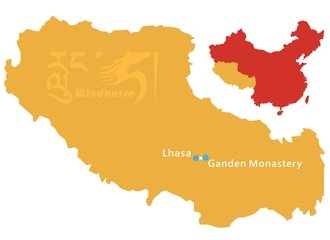Popular Chinese slang - what are people saying?
Similar to Western culture, in China we also have a lot of popular slang, especially on the Internet. Some of them are hilarious and all of them can be a great windows into learning Chinese culture! Here are a few of the popular terms floating around these days:

坑爹 (Keng Die)
In Chinese, "坑"(Kēng)means "cheating," and "爹" (Diē) means "father." Together, however, "坑爹" (Kēng diē) doesn't means cheating on someone's father - it is commonly used to describe something unworthy of its name or title, something looks very good and attractive but is actually totally not.
For example, let's say you're going on a date with a pretty girl you met on the Internet, and when you meet her, you find out "she" is actually a "he" - that's a perfect time to use "坑爹"!

给力 (Ge-li-vable)
给力 (Gěi lì) is a popular word on Internet forums in China. The original meaning of "给" (Gěi) is "to give", and "力"(lì) means "power" but together they become "给力": something cool or awesome.
From that, some creative Chinese netizen created an "English" word - Gelivable. Accordingly, another word sprung up - "ungelivable," which means something that is definitely NOT awesome.
Try dropping it in conversation sometime, people will think your Chinese is so gelivable!
Right there with "gelivable" is another word with similar meaning - "牛B" (Niú B). 牛(Niú) means "cow," and somehow, "cow's B" has come to mean something that is totally awesome!
Anyhow, these three slang terms should get you started. More and more mainstream media in China are starting to quote, incorporate, and discuss these and other slang terms - obviously it's becoming a growing part of Chinese culture!












